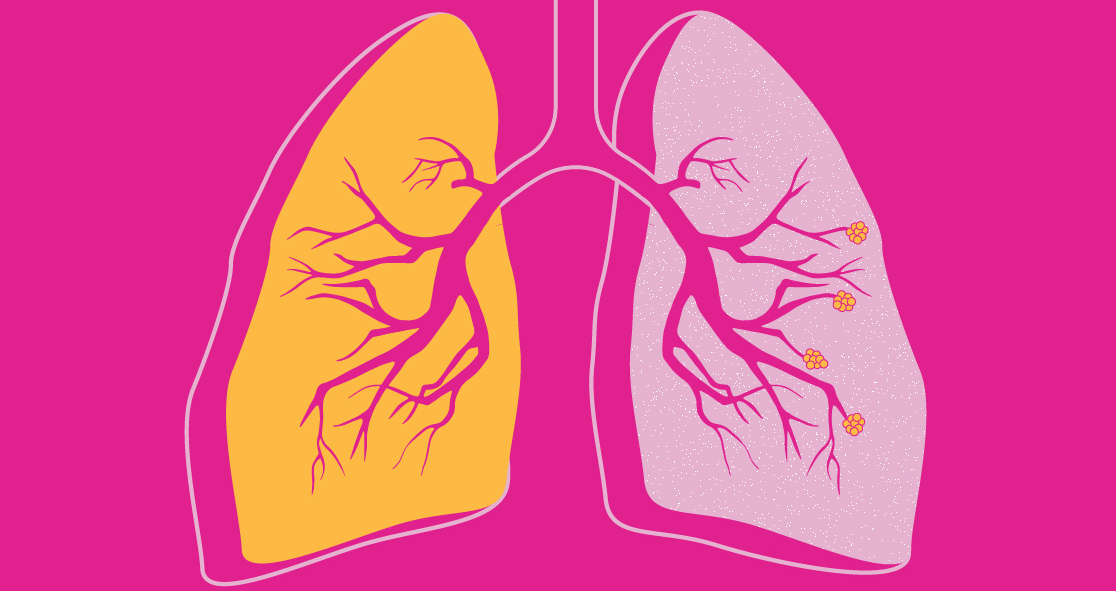Researchers at the Centenary Institute and University of Technology Sydney (UTS) have identified a small RNA molecule known as microRNA-21 and said inhibiting this molecule can help treat chronic obstructive pulmonary disease (COPD), according to Medical Xpress.
COPD is an inflammatory lung disease that causes obstructed airflow from the lungs, with patients experiencing symptoms of difficulty breathing, cough, mucus production, and wheezing. It is often caused by smoking tobacco products or inhaling polluted air. COPD is one of the most common causes of death globally.
The researchers, who published their findings in the journal Science Translational Medicine, conducted a study on mice and found elevated levels of microRNA-21 in experimental COPD models.
They said using a microRNA-21 inhibitor (antagomir-21) as a therapeutic agent helped in reducing inflammation and improving lung capacity.
Antagomir-21 reduced microRNA-21 expression as well as suppressed the influx of inflammatory cells into the airways and lungs. In addition, antagomir-21 inhibited lung cytokine production.
Senior author Prof. Phil Hansbro said that the findings offered up a completely new understanding of COPD.
He said, “MicroRNA-21 is a common molecule that is expressed in most cells in the human body and regulates many critical biological processes. Our findings demonstrate, however, that microRNA-21 levels increase when it comes to COPD,”
“We believe that the development of new drugs that inhibit microRNA-21 may offer up an entirely new therapeutic approach when it comes to COPD treatment,” Prof. Hansbro added.
The new preclinical findings may address the limited efficacy of current COPD therapies, according to the professor.
“The development of effective COPD treatments has been hampered by a lack of understanding of the disease’s underlying mechanisms,” Prof. Hansbro explained. “Our data defines microRNA-21 as a novel therapeutic target and its inhibitors as a potential new treatment for this major, currently intractable lung disease.”





















